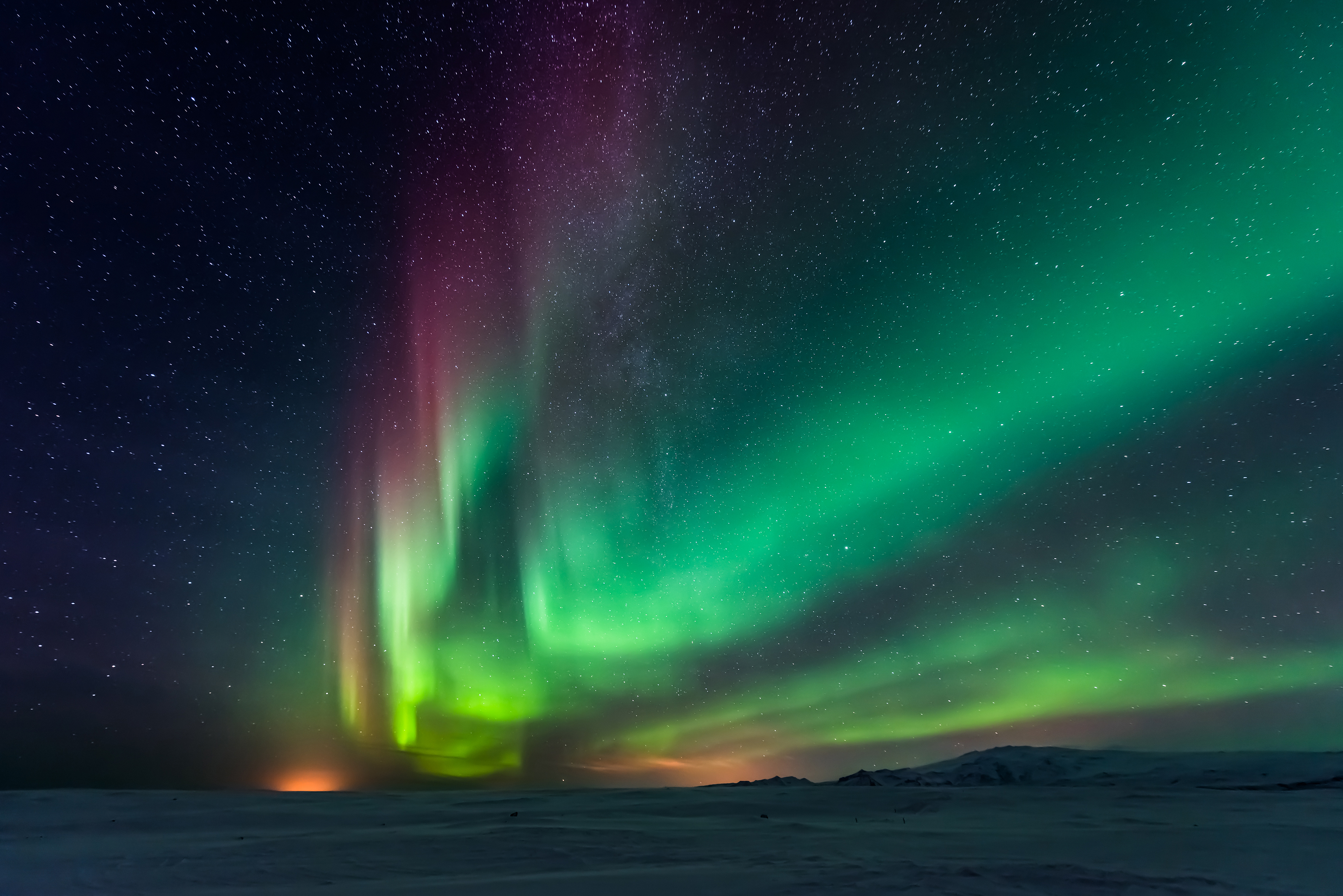The last week of 2024 is ending with a cosmic gift—potential New Year’s auroras lighting up the skies over parts of the northern United States. As the Sun enters an active phase of its 11-year solar cycle, these dazzling light displays are becoming more frequent, promising an unforgettable start to the year.
The U.S. National Oceanic and Atmospheric Administration (NOAA) has confirmed that two bursts of solar plasma, known as coronal mass ejections, were expelled from the sun earlier this week, with both heading toward Earth. When these solar storms interact with our planet’s magnetic field, they can create vibrant auroras across the sky.
This week, states such as Alaska, Montana, Minnesota, Wisconsin, Michigan, and Maine are among those likely to experience the spectacle. Even parts of Oregon, Wyoming, and New York could get a rare view of these New Year’s auroras.

If you’re hoping to catch these auroras as they happen, timing and location are key. While the NOAA says that the early morning hours of Tuesday, December 31, offered the best chance to see the lights, they may still be visible into the evening.
Of course, bright city lights can dim the experience, so it’s best to venture away from urban areas for an unobstructed view. Even if the aurora isn’t visible to the naked eye, your smartphone camera might pick up the glow of the New Year’s auroras, revealing what you’re missing.
The Sun’s current activity isn’t just a fleeting phenomenon. It’s part of a larger cycle that has scientists very excited. The solar maximum—the sun’s peak period of solar activity—brings not only breathtaking auroras but also opportunities for studying space weather, like how geomagnetic storms in May made tractors move on their own.
This phase is expected to last at least another year, meaning there will be more opportunities for skygazers to witness nature’s light show. The NOAA continues to monitor this week’s solar activity closely. You can keep up to date with the latest aurora forecast from the NOAA to see where the New Year’s auroras might strike next.








